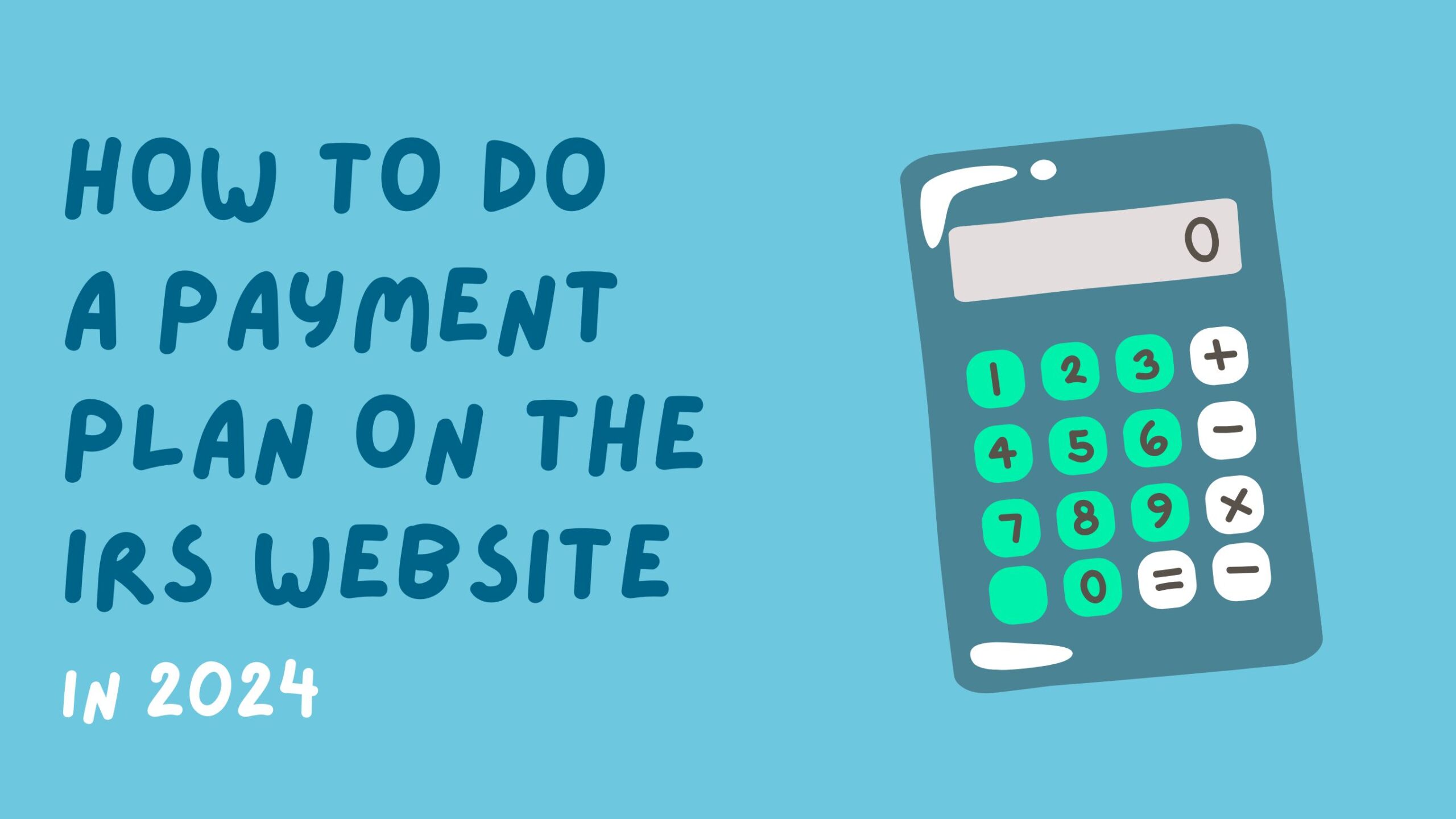Deadlines, deadlines, deadlines. That big project at work is due in a few days, you’re due for a dental cleaning, your books are due at the library, your license tabs are due for your car, and now taxes are due.
Who has the time?
Well, there is some good news. You can extend the due date of your taxes by six months. The IRS calls this an “automatic” extension. If you’re wondering whether or not your extension will be approved, the answer is (barring any unusual circumstances) an “automatic” yes.
You still have to pay taxes by the payment due date!
Don’t get us wrong now — a tax extension extends the deadline you have for filing your taxes, but does not extend the deadline for making a payment.
At this point you might be wondering, “But if I haven’t finished my taxes, how do I know how much to pay the IRS?” That’s where estimates come in, and filing extensions with estimated taxes is one of our specialties here at TL;DR Accounting.
Estimating like Goldilocks
It’s all a balancing act. You want to pay the IRS enough money to avoid penalties, but there’s no benefit to paying them too much money. On the contrary, the IRS is going to hold on to that money until your taxes are done in September, so if your car breaks down in the interim, or if the dentist says you need a dreaded root canal, you want to have your money available.
So the answer is to pay the IRS an amount that’s just right, a phrase popularized by Goldilocks during her breaking-and-entering escapade into the three bears’ house. Unfortunately, what matters here is not what is “just right” according to your opinion — it is the IRS’s opinion that truly counts! Fortunately, there are two hard-and-fast rules, called safe harbor rules:
- The Sure Thing: If you pay 100% of the amount you owed last year for taxes (for incomes above $150,000, it’s 110% instead), then you are safe. This is the Sure Thing because you know how much you owed last year.
- The Not-so Sure Thing: If you pay at least 90% of the amount you would eventually owe to the IRS this year while filing your estimated taxes, then you are safe. While you don’t really know this amount for sure, we can help you arrive at a safe, but not excessive, amount to pay.
So while you’re sitting there in the dental chair getting berated (or complimented) by the dentist for your flossing habits, you can at least know that your tax paperwork isn’t due for another six months.
TL;DR: As inflexible as the IRS might seem at times, they are generous about offering extensions to file (but not to pay!) your taxes. If you’re nervous about finding a “just right” amount to pay the IRS when filing your extension, get in touch with TL;DR: Accounting! Please remember: it’s always better to file an estimated extension than it is to just file late, which will just stack penalties on penalties!






